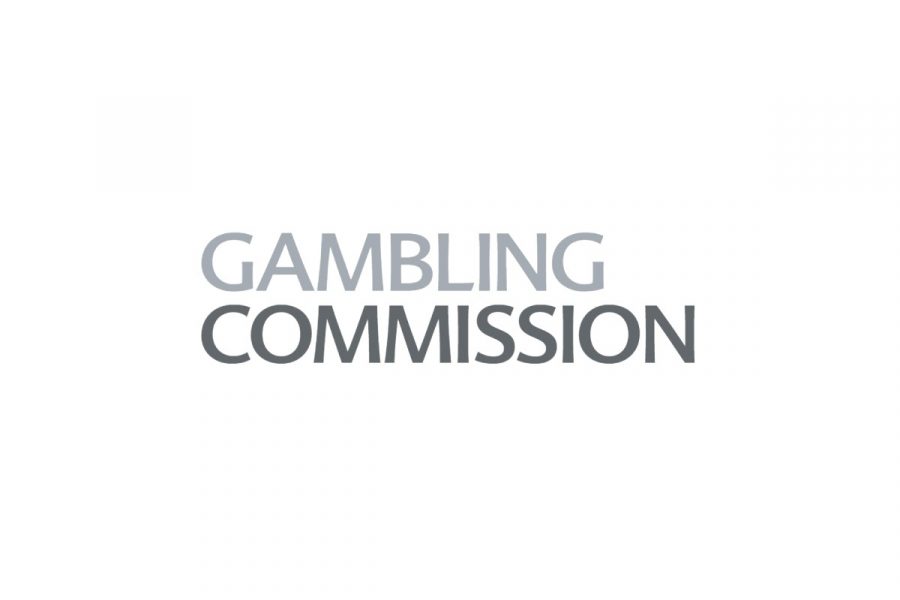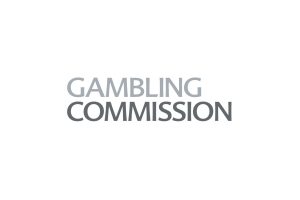British Gambling Commission annual report flags market concerns

The British Gambling Commission has published its annual report and accounts for the period ending March 31.
UK.- The Gambling Commission (UKGC) has flagged market concerns in its Annual Report and Accounts for the period ending March 31.
The report highlights the steps the regulator took to implement a tougher compliance regime on affordability, source-of-funds and ID verification checks and one-on-one customer care interventions during the Covid-19 pandemic.
It notes that the regulator focused on protecting consumers by making operators improve online safety and reform VIP schemes. It also reports that more than £30m in fines and regulatory settlements were issued by the Gambling Commission.
The regulator noted that it had greater confidence in its policy outcomes, highlighting the support of its new Lived Experience Advisory Panel (LEAP), but it said market feedback found only 29 per cent of consumers believed that “gambling was conducted in a fair manner.”
The report notes a slight fall in gross gambling yield (GGY) for the period, down 0.6 per cent to £14.2bn, but also highlighted the increased use of online gambling, which saw record GGY of £5.6bn, up 8 per cent year-on-year. There was a 1.3 million increase in new customer registrations for online gaming, reaching 12.1 million.
Gambling Commission reports £19.3m operating loss
The Gambling Commission reported an operating loss of £19.3m, which does not include £20m in direct grants funded by the National Lottery.
The regulator’s income fell 5 per cent year-on-year at £18.8m – down from £20m in the previous year. It attributed that to the forced closure of gambling venues and betting shops for much of the year due to the Covid-19 pandemic.
At the same time, the regulator’s expenditure increased. Employee costs rose from £14.3m to £16m, and National Lottery regulatory costs increased to £5.5m, 70 per cent of which was due to its management of the National Lottery licence tender, for which it has 20 dedicated members of staff.
Earlier this month, the Gambling Commission announced that it was putting back its decision on the National Lottery licence until February, extending Camelot’s current licence by another six months.










